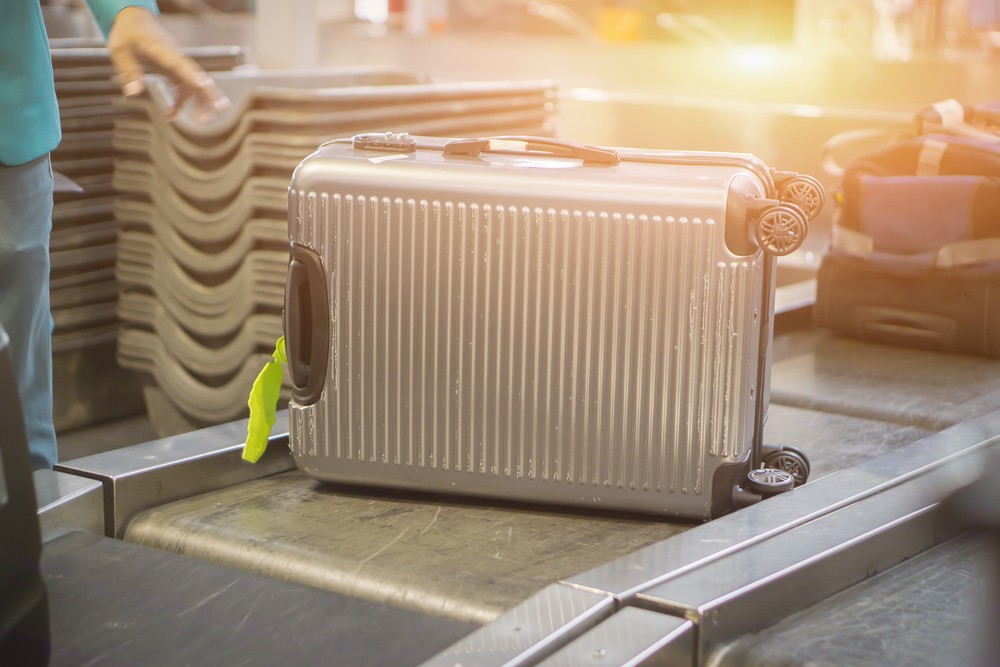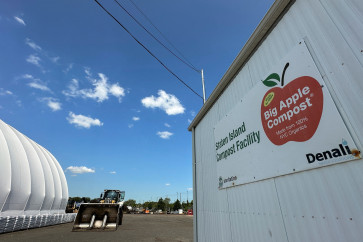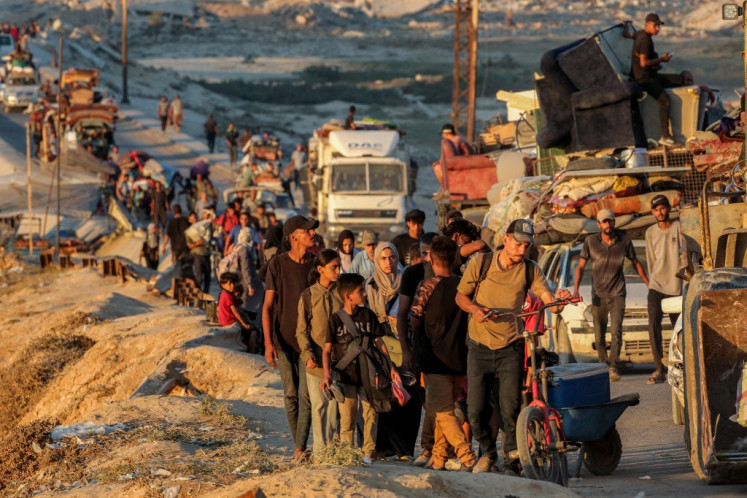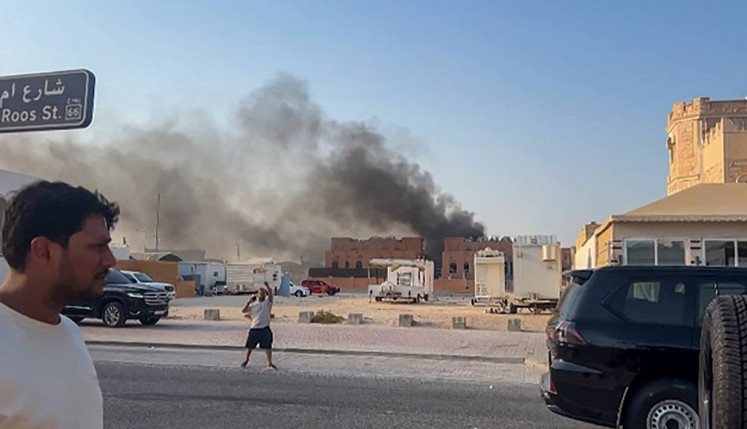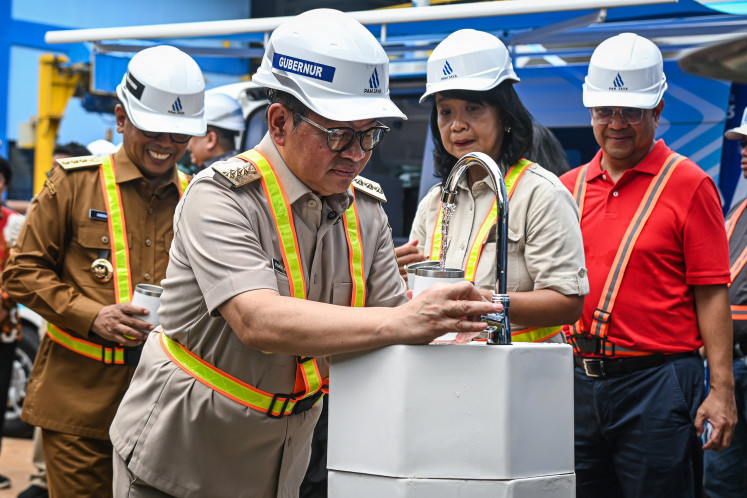Popular Reads
Top Results
Can't find what you're looking for?
View all search resultsPopular Reads
Top Results
Can't find what you're looking for?
View all search resultsEnhanced checks for all non-stop flights to US
Travelers on all non-stop flights to the United States should be prepared for tighter security checks that may include being questioned at check-in and boarding.
Change text size
Gift Premium Articles
to Anyone
T
ravelers on all non-stop flights to the United States, including those from Singapore, should be prepared for tighter security checks that may include being questioned at check-in and boarding.
More regular pat-downs, heightened checks on personal electronic devices, more screening by dogs and tighter security protocols around aircraft and in passenger areas are also expected.
The enhanced checks are in line with new guidelines set by the US in July for incoming flights.
Airlines were given 120 days to comply with the new rules. Yesterday was the deadline.
The checks are expected to affect 325,000 passengers a day at about 280 airports, said the US Department of Homeland Security.
Passengers flying to the US on one-stop flights, for example on Singapore Airlines (SIA) via Hong Kong or Frankfurt, are subjected to the tighter checks at the stop-over point.
Read also: Indonesian Military chief denied departure on US-bound flight
SIA put up a notice on its website on Oct. 25 to remind travel-lers of the tighter security screening, though The Straits Times understands that checks at Changi Airport were already intensified in July, soon after the US announcement.
"Customers are advised to refer to the respective check-in counter opening hours, and to arrive at the airport early to allow sufficient time for enhanced security measures," the airline said.
In Hong Kong, Cathay Pacific has suspended in-town check-in services as well as self-bag drop services for passengers booked on flights to the US, except for those travelling on Flight CX888 to New York via Vancouver.
Passengers who do online check-in have to deposit their bags at dedicated counters at the airport, where they are subject to a short security interview. Those without check-in baggage can proceed to the boarding gate directly "as early as possible", where they will also be subject to a short security interview, the airline said.
"We therefore advise all passengers travelling to the US to arrive at the airport three hours prior to departure to ensure they can proceed through all airport checkpoints in good time," Cathay Pacific said on a website posting.
The checks being done at Changi and other airports aim to increase security without widening an in-cabin ban on laptops and other large electronic devices that was imposed on selected flights earlier this year.
Read also: American tries to learn from United's mistakes in incident
In March, the US announced restrictions on laptops on flights originating from 10 airports in eight countries, including Egypt, Saudi Arabia, Kuwait, Qatar and Turkey. Travellers were told they had to check in the devices.
The restriction came amid fears that a concealed bomb could be installed in electronic devices taken on board aircraft.
The ban, which had irked affected airlines and travellers alike, has since been lifted and replaced with these new security measures.
Even as airlines have no choice but to comply with the new rules, industry bodies like the Association of Asia Pacific Airlines (AAPA) have raised concerns about the impact of such measures.
AAPA director-general Andrew Herdman told reporters at an industry conference in Taipei yesterday: "Essentially, the US requirements mean you have to provide pre-check-in screening of passengers and that may involve interviewing passengers, and that involves training a lot of front-line staff, either your own or an appointed agent, to carry out such activities.
"It has to be done, and it is additional cost. Who pays the cost? Ultimately, it will have to be the passenger. I don't think the costs have been estimated, but they have been significant," he said.
This article appeared on The Straits Times newspaper website, which is a member of Asia News Network and a media partner of The Jakarta Post

